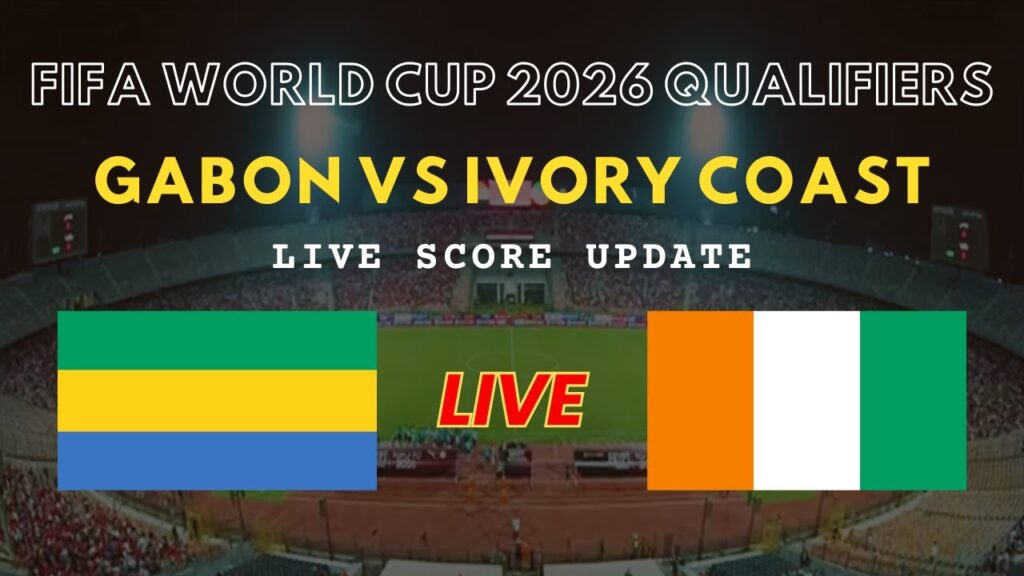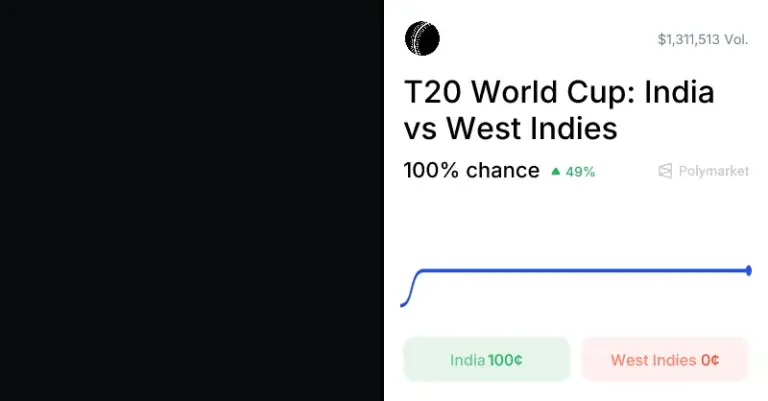
Introduction
The comparison between Gabon and Ivory Coast (Côte d’Ivoire) highlights significant cultural, economic, and political differences that define these two Central and West African nations. Understanding these distinctions is critical as both countries navigate their paths in contemporary Africa. The relevance of such a comparison grows as these nations work towards development while preserving their unique identities.
Geographic and Demographic Overview
Gabon, located along the equatorial Atlantic coast, is known for its vast rainforests and rich biodiversity, covering an area of approximately 267,668 square kilometers. In contrast, Ivory Coast is larger, spanning about 322,463 square kilometers, and has a diverse landscape comprising coastal plains and savannahs. As of the latest data, Gabon’s population is around 2.3 million, whereas Ivory Coast boasts approximately 26 million citizens, making it one of the most populous countries in West Africa.
Economic Landscape
Economically, Gabon is heavily reliant on oil, which accounts for a significant share of its GDP and government revenue. In recent years, the government has aimed to diversify its economy by investing in sectors such as mining and tourism. Conversely, Ivory Coast has a more diversified economy that includes agriculture, services, and manufacturing. It is one of the world’s largest producers of cocoa and cashew nuts, positioning it as a vital player in the global agricultural market.
Cultural Distinctions
Culturally, both nations are rich in heritage but differ quite significantly. Gabonese culture is deeply influenced by its ethnic groups, including the Fang, Myene, and Nzebi, with vibrant traditions evident in their music and art. In contrast, Ivory Coast is home to a mosaic of ethnic groups such as the Akan, Krou, and Mandé, leading to a diverse array of languages, cuisines, and traditional practices. This cultural diversity is celebrated in festivals, music, and dance, with both nations promoting their unique identities on international platforms.
Political Climate
Politically, both Gabon and Ivory Coast have faced their challenges. Gabon has experienced relatively stable governance since its independence from France in 1960 but has been criticized for a lack of political plurality and democratic practices. Conversely, Ivory Coast has seen political turmoil and conflict, particularly during the civil wars in the early 2000s, which have significantly influenced its political landscape. In recent years, Ivory Coast has made strides toward political stability and democratic governance.
Conclusion
In summary, while Gabon and Ivory Coast share the commonality of being African nations with rich cultures and promising economic futures, they diverge in their geographic, economic, and political landscapes. Understanding these differences is essential for those interested in the region’s dynamics. As Africa further integrates into the global economy, both Gabon and Ivory Coast will continue to play essential roles, underscoring the continent’s potential for growth and development.



